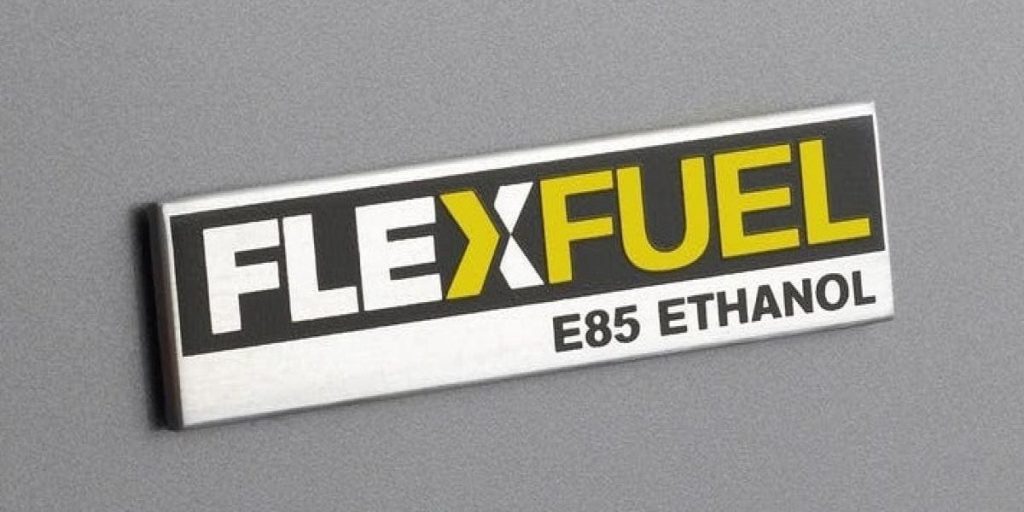The government is getting ready to issue a draft that will make Flexible fuel cars mandatory in the distant future. They claim that it is better than the current petrol only IC engines that we have. Before we take a look into what are the advantages and disadvantages of a flex engine a brief explanation of its working.
Brief Explanation On How Flex Engines Work
Flex engines are completely similar to the IC engine with slight modifications. The main modification being the variable spark timing controlled by the ECU. A fuel sensor is used to read how much ethanol to petrol mixture is in the combustion chamber and sends this data to the ECU. The ECU then accordingly changes the spark timing to get perfect combustion. With that covered we can go into the pros and cons of such an engine.
Advantages of Using Flex Fuel
-
Cheaper Compared To Petrol
With the cost of petrol going only in one direction which is up, using a flex engine will allow one to save costs by running a mixture of ethanol and petrol.
-
Clean Fuel
Ethanol produces fewer greenhouses gases and toxic gases when compared with petrol and is thus better for the environment.
-
Efficiency
With how flex engines work, they can burn any proportion inside the combustion chamber.
-
Job Impacts
As ethanol is produced locally it will create more job opportunities and also reduce dependence on crude oil.
Disadvantages Of Using Flex Fuel
-
Raw Material For The Fuel
Using flex-fuel will result in the raw material used to make ethanol become costly. One of these includes corn which is dependent on the weather condition. A bad harvest means the price will significantly rise.
-
Engine Damage
Ethanol is prone to collecting dirt easily and can cause corrosion and damage the engine quite easily.
-
Fuel Efficiency Reduction
Ethanol contains less energy than petrol and thus needs more fuel to reach the same energy level as petrol. However, it’s cheaper than petrol so it can offset the fuel efficiency reduction.
With all that said and done if flex-fuel engines are made compulsory, car companies will be forced to make better and more efficient technological advances to outdo each other.
